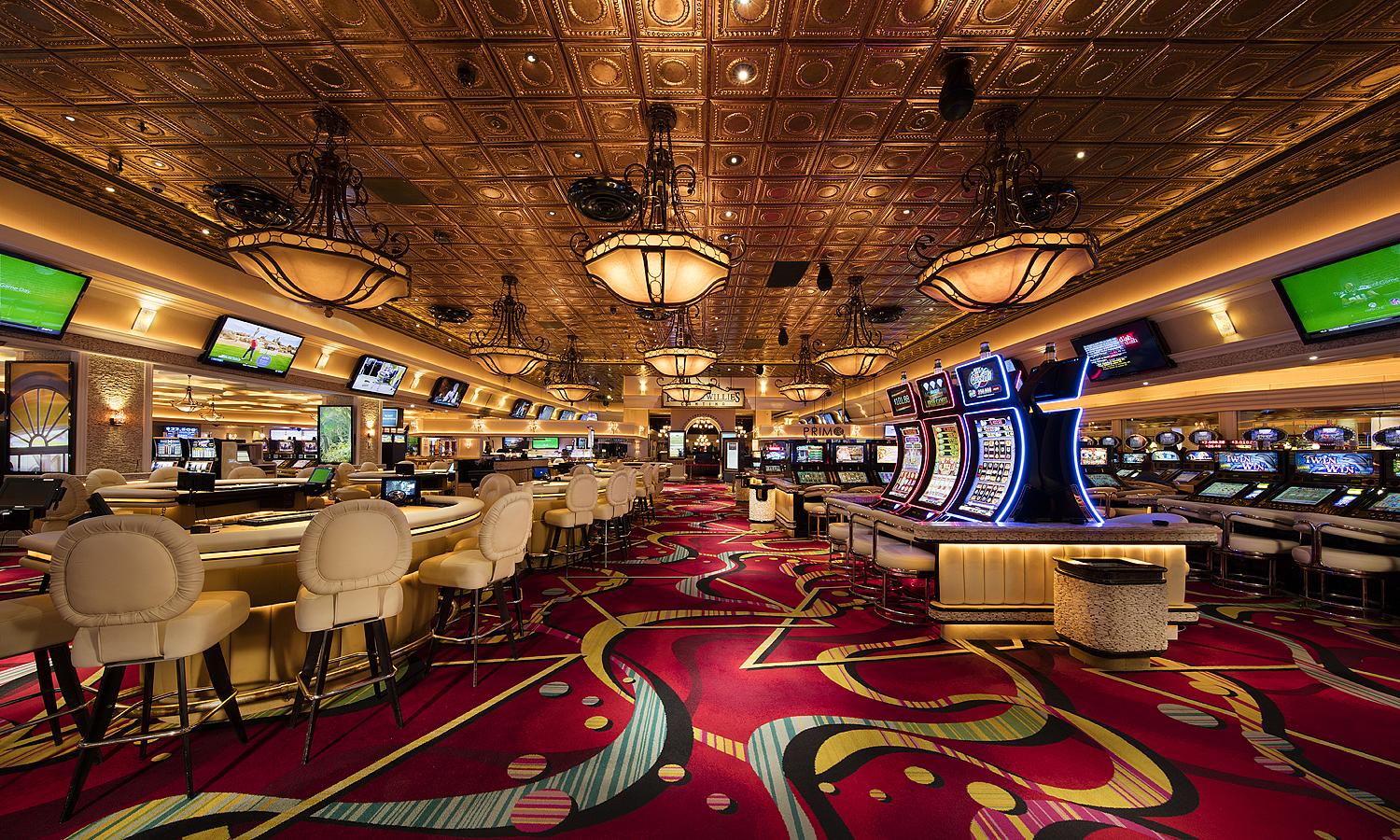
Gambling has been an important part of human recreation for millions of years, evolving through cultures and eras to become the vibrant casino games we know today. From the historical Chinese and Romans, who participated in various forms of betting and luck, to the modern gaming floors of contemporary casinos, the allure of gamble and reward has captivated individuals across the globe. KWIN The change from basic dice games and primitive betting setups to the opulent environments of modern casinos reflects considerable strides in both social norms and technological.
As societies evolved, so too did the complexity of gambling activities, with casino games emerging as a distinct category of leisure and thrills. These activities have evolved from informal gatherings centered around traditional tables to grand, lavish establishments designed to entice players. Today, we explore this captivating journey, analyzing how traditional practices laid the groundwork for the diverse and thrilling casino games that bring joy to millions worldwide.
spintax
Early Betting Practices
Gambling has deep roots in human history, with proof of activities of chance originating from ancient societies. Archaeologists have discovered that as far back as 3000 BC, the people of China were using basic forms of betting with dice made from wood. Similarly, ancient Mesopotamians engaged in gambling activities, often relying on the throwing of lots or dice to determine results. These early forms of betting served not only as amusement but also played important roles in social and cultural practices.
The people of Egypt also took part in gambling activities, with games that included betting on the outcomes of various events, including athletic events and spiritual festivals. Items such as dice and depictions of gamblers from ancient tombs demonstrate that gambling was a popular pastime. It provided both leisure and a means of engaging in social interaction, often linked to festive occasions or major gatherings. This behavior showed the universal appeal of chance and competition throughout the ages.
In ancient Rome, wagering became a prevalent practice among the people, as reflected by references in texts and the establishment of rules around certain activities. Romans enjoyed a variety of betting activities, from wagering on horse races to playing games similar to modern-day board games. The legal system surrounding these activities began to take shape, establishing the foundations for betting regulations that would evolve in the centuries to come. The fame of betting during this period set the stage for the development of casino games in the future.
The Progression of Casino Games
Casino games have gone through significant transformations from their beginnings to the contemporary entertainment selections. In early civilizations, gaming was commonly associated to ceremonial practices, with dice games found in Mesopotamia and betting on the outcomes of events in ancient Rome. These primitive forms of gambling laid the basis for the formal games we see today. The transition from informal gambling to organized games occurred as societies began forming rules and venues for wagering, demonstrating cultural values and practices.
The medieval period saw the rise of card games, which gained fame among the nobility of Europe nobility. Games like the first and the game baccarat became staples in social gatherings. The creation of printing technology further enabled the spread of playing cards, making them more accessible to the masses. As gambling houses began to multiply, these card games developed into adaptations that appealed to wider audiences, eventually leading to the creation of casinos as dedicated venues for gaming.
The twentieth century marked a significant point in the progression of casino games, with the rise of commercial casinos in Las Vegas and other gaming hubs. This era saw the introduction of games like video slots and modern versions of table games, complete with high-quality graphics and complex betting structures. The introduction of online casinos in the late 1990s also revolutionized the gaming industry, allowing players to access a wide range of casino games from the comfort of their homes. Today, casino games go on to progress, blending time-honored elements with cutting-edge technology to create engaging experiences for players worldwide.
Contemporary Gaming Regulations
In the past few years, the area of gambling laws has changed significantly, particularly as tech advances and internet-based gambling have become ever prevalent. Authorities around the world have implemented numerous laws and standards to ensure that gaming activities are performed fairly, responsibly, and clearly. These laws often encompass elements such as licensing, marketing, gambler safeguards, and sensible gaming measures. Authorities aim to minimize problems such as gambling addiction and cheating while fostering a fair gaming environment.
The emergence of internet casinos has required a fresh approach to oversight. Many legal areas have created specific online gambling structures that serve internet-based gaming, enabling operators to provide their offerings within the law. These structures often require operators to obtain licenses, adhere to strict security standards, and offer customer support options to help players. By closely supervising internet activities, regulators can more effectively protect players from risks and make sure that gambling is carried out in a protected manner.
Furthermore, modern gambling laws are increasingly centering around responsible gaming initiatives. Many casinos and online platforms now implement features such as self-exclusion, financial limits, and breaks to help players manage their gaming habits. Educational campaigns aimed at educating about the dangers of gaming are also common. As the sector continues to grow, the emphasis on responsible gaming continues to be a fundamental principle of regulatory efforts, reflecting a commitment to encouraging a secure and pleasant gaming experience for all gamblers.